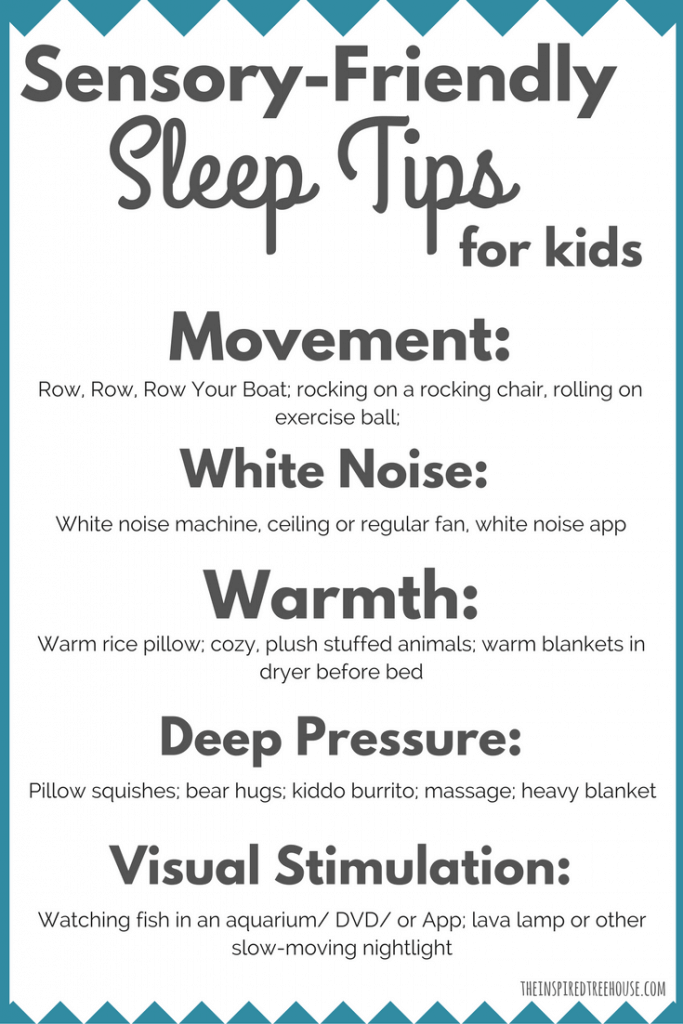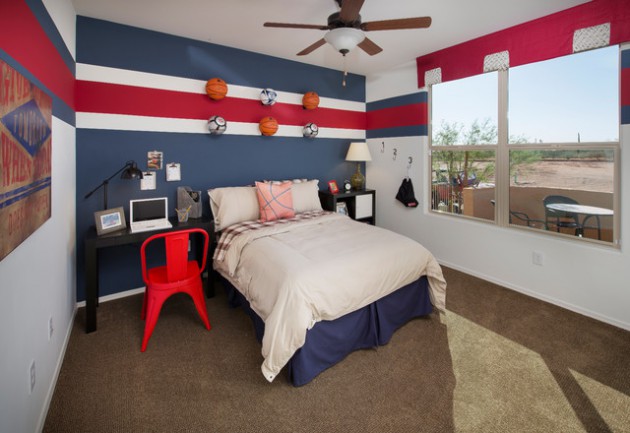


Sleep Hygiene For Kids Aap

Topic 3B - Sleep hygiene Good sleep hygiene helps us get to sleep. Relaxing a little (no racing games before going to bed). No fizzy drinks or caffeinated drinks before sleeping. Going to bed at the same time each night. Discuss sleep hygiene.
- Q Don’t use the bed and sleep as punishment or timeout; also, don’t use staying up past bedtime as a reward for good behavior. These things can suggest to children/teens that “sleep is bad.” q For older children/teens, don’t watch the clock in bed at night; turn it away so they can’t see it. DAYTIME ROUTINES AND HABITS.
- Sleep hygiene is the most important thing you can do to maintain good sleep. Go to bed at the same time each day. Get up from bed at the same time each day. Try to maintain something close to this on weekends. Get regular exercise each day, preferably in the morning. There is good evidence that regular exercise improves restful sleep.
- Displaying top 8 worksheets found for - Sleep Hygiene. Some of the worksheets for this concept are Sleep hygiene work, Sleep hygiene, Checklist for better sleep work, Improving and maintaining healthy sleep habits, Sleep hygiene protocol, Good sleep hygiene handout do, Good sleep habits, Getting a good nights sleep.
- Toddlers: Children 1-2 years of age should have 11-14 hours of sleep over a 24-hour period. This may be split up between nighttime sleeping and a nap or two during the daytime. This may be split up between nighttime sleeping and a nap or two during the daytime.
OK, you know sleep hygiene is important for kids. So, what do you do when your toddler is resisting going to bed on time or your teenager says you’re ruining their life because they can’t take their phone to bed?
Whenever setting boundaries is challenging, remember this: kids actually crave limits. By maintaining clear limits, you’re letting them know what to expect, which helps them feel safe and secure. If the expectations keep changing, they may feel uncertain and be more likely to test you. So, try to stand firm.
Tips for setting limits to promote good sleeping habits:
Sleep Hygiene For Preschoolers
- For toddlers: If you’re working on independent sleep, be consistent by bringing your child back to their room every time they get up. Reward the behavior with something they enjoy. For example, if your child stays in their own bed for 1 night, they can earn an extra bedtime story the next night.
- For toddlers and younger school-age kids: Offer a limited number of “bedtime passes” that can be used for water refills, questions, toy requests and all of the other creative reasons kids come up with to get out of bed. When the passes have been used, they’re gone until the next night. (But, of course, use your judgment to make any exceptions, such as using the bathroom.)
- For older kids and teens: Try plugging phones and other devices into a family charging station 1 hour before bedtime—no exceptions. And instead of relying on phones for alarms, try going old school with an actual alarm clock.